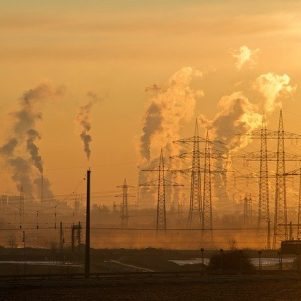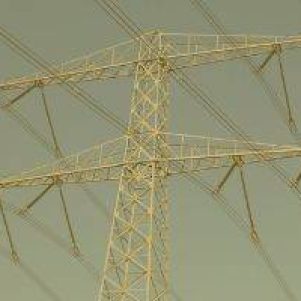In recent years, the renewable energy sector has experienced a new upswing in Spain. The auspicious profitability of photovoltaic projects, in particular, is increasingly attracting foreign investors–most of these are without state subsidies-.
The problem with the previous regulation for grid connection and feed-in permits
Greenfield projects in renewable energies in Spain have often failed in recent years – despite extraordinary technical and economic conditions – due to the same obstacle: getting the grid connection and feed-in permit for the planned plants.
The problem stems from the electrical grid’s limited capacity to connect more plants and/or feed in additional electrical energy. The allocation of grid connection and feed-in permits at the various connection points is limited. The basic principle: first come, first served.
The previous regulation of the allocation of grid connection and feed-in permits in Spain has proven to be deficient in many respects. Essentially, economically and technically sound projects have repeatedly failed due to a lack of grids connection and feed-in permits, whereas unfeasible projects and/or speculators have occupied free capacities.
There has also been a lack of transparency regarding the capacities at the various connection points. Depositing the required securities and hastily applying for many grid connections and feed-in permits has become a mass sport among some project developers.
Besides, there is the much-criticised figure of the Interlocutor Único de Nudo (or IUN), which led to a tsunami of complaints before the competent Spanish authority CNMC.
A new approach: Royal Decree-Law 23/2020 and Royal Decree 1183/2020
Royal Decree-Law 23/2020, of 23rd June 2020, and the subsequent Royal Decree 1183/2020, of 29th December 2020, seek to change some of the most controversial regulatory aspects. Relevant features of the new regulation include:
The standardisation of the award procedure and the removal of the so-called Interlocutor Único de Nudo (IUN).
Essentially, new procedures regarding grid connection and feed-in permits in Spain run through the respective competent grid operator, who should act as a single point of contact for the corresponding project developers. After a transitional arrangement regarding procedures already underway, the often-criticised figure of the IUN shall disappear permanently.
Modifications regarding the enforcement of the securities to be deposited for project development.
The current regulation includes the introduction of some deadlines for project development, provided for in Royal Decree-Law 23/2020. Failure to meet these deadlines would allow the enforcement of the security deposited with the competent authorities before applying for the grid connection and feed-in permit for a project in Spain. Besides, Royal Decree 1183/2020 contains a more precise definition of the grounds justifying a suspension of enforcement.
Finally, the current regulation contains additional relevant aspects
They directly affect getting grid connection and feed-in permits for energy projects. For instance, engaging modifications refer to the planned creation of internet portals for the identification of grid capacity, the regulation of criteria and obligations regarding project modifications, as well as the provision of certain advantages in case of hybridisation of projects.
It remains exciting!
It shall be interesting to see how the new regulation will affect the development of renewable energy projects in Spain. The new regulation concerns central regulatory aspects strongly criticised previously. According to critics, the previous regulation led to an inefficient allocation of grid connection and feed-in permits.
The real question is whether the newly set deadlines will effectively lead to a more efficient awarding of grid connection and feed-in permits, increasing the number of completed projects in Spain. Furthermore, it could be interesting to see the effect on the market, if the announced internet portals effectively lead to more transparency regarding the free grid capacities at the various connection points. Another question is whether the new deadlines for project development will lead to an increased search for investors or sales of existing projects and/or project rights.
One thing seems clear: a lot will happen in the renewable energy sector in Spain in the next few years. It remains exciting!
Pia V. Kohrs
If you need more information regarding the regulation for grid connection and feed-in permits





